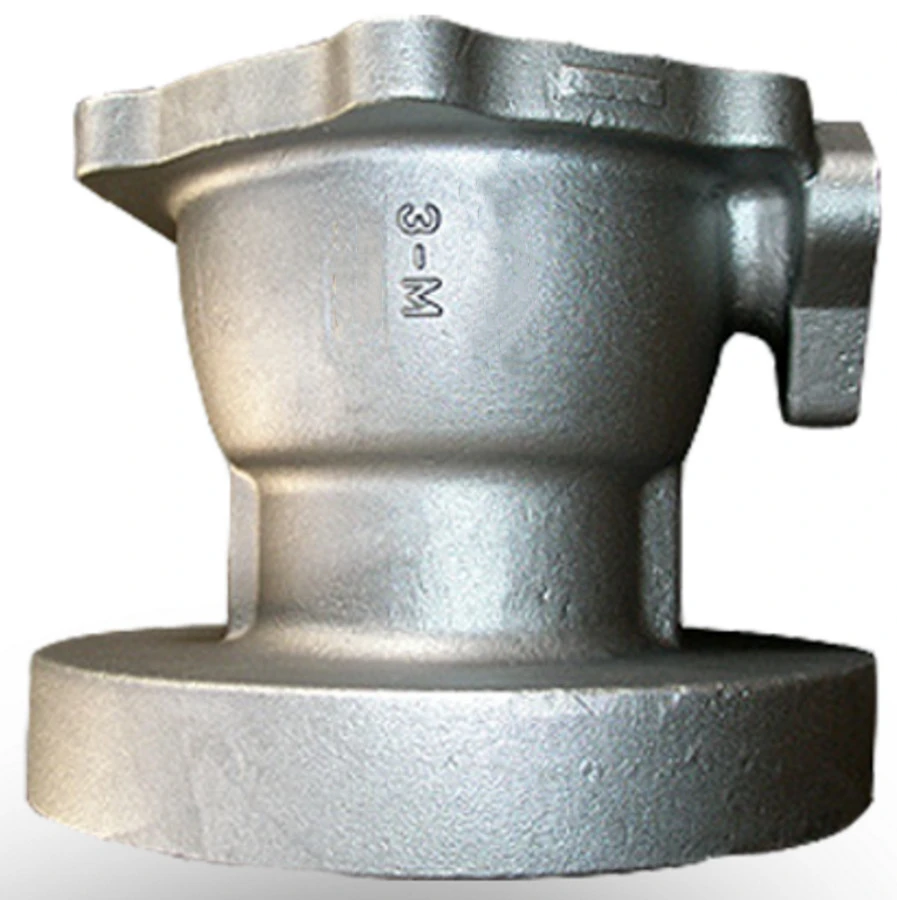Mobile:+86-311-808-126-83
Email:info@ydcastings.com
Understanding the Role and Types of Metal Casting Sand in Manufacturing Processes
Understanding Metal Casting Sand Composition, Types, and Applications
Metal casting is a critical manufacturing process used in various industries to create metal parts and components with intricate designs. One of the essential materials in this process is casting sand, which serves as a mold for shaping molten metal into final products. This article delves into the significance of casting sand, its composition, types, and various applications in different sectors.
Composition of Casting Sand
Casting sand predominantly consists of silica (silicon dioxide) grains, which provide the necessary properties for mold making. The quality of casting sand is crucial as it directly affects the casting process and the final product's surface finish and structural integrity. In addition to silica, casting sand may contain other materials such as clay, water, and various additives that enhance specific characteristics. Naturally occurring sands, like river sand and dune sand, are often used, supplemented by synthetic sands designed to meet particular requirements.
Clay is an essential component that improves the cohesiveness and plasticity of molding sands, allowing them to retain their shape during the casting process. Water acts as a binding agent, promoting the sand's clay content to stick together. Together, these components create a versatile medium capable of withstanding the high temperatures of molten metal while providing the required detail to the final product.
Types of Casting Sand
There are several types of casting sand, each catering to different casting processes and requirements. The most common types include
1. Green Sand This is the most widely used casting sand, composed of silica, clay, and moisture. Its flexibility and good molding capabilities make it suitable for various metal casting processes.
metal casting sand

2. Dry Sand This type of sand is prepared without moisture and is primarily used in making permanent molds. It is often preferred when a high surface finish is desired, as it can produce smoother molds compared to green sand.
3. Resin Sand Resin-bonded sand involves the use of synthetic resins that bond the sand grains together. This type of sand can be reused multiple times, making it economical. It has excellent casting properties, including high strength and heat resistance.
4. Shell Sand Shell sand is produced by coating sand grains with a thermosetting resin. It results in thin, highly durable molds that provide superior surface finish and dimensional accuracy. This type is particularly favored in production foundries.
5. Zircon Sand Known for its high thermal stability, zircon sand is often used for casting processes requiring high precision and durability. Its chemical resistance also makes it suitable for casting reactive metals.
Applications of Casting Sand
Casting sand is utilized across various industries, such as automotive, aerospace, and industrial machinery. The automotive industry relies on casting for producing components like engine blocks, transmission cases, and other essential parts. Aerospace applications often demand high precision and strength, making resin sand or shell sand the materials of choice.
Moreover, the construction industry benefits from sand casting processes in fabricating complex metal components, including structural elements and decorative fittings. The versatility of casting sand allows manufacturers to produce a range of parts, from small components to large assemblies.
In conclusion, metal casting sand is an indispensable element in the manufacturing process. With its various types and compositions, it provides the necessary properties for producing high-quality metal components. As the demand for precision and efficiency in manufacturing grows, advancements in casting sand technology will continue to shape the future of the metal casting industry, facilitating the creation of more complex and durable products across multiple sectors.
-
Automobile Water Pumps in Vehicle PerformanceNewsMay.21,2025
-
Valve Box Cover Cast Iron: The Backbone of Fluid Control SystemsNewsMay.21,2025
-
Pump Impeller in Fluid DynamicsNewsMay.21,2025
-
Baffled Oil Pans in Racing Cars: How They Improve PerformanceNewsMay.21,2025
-
Compressor Housing Turbo in Pump EngineeringNewsMay.21,2025
-
Why Oil Pan Thickness Matters for Engine SafetyNewsMay.21,2025











